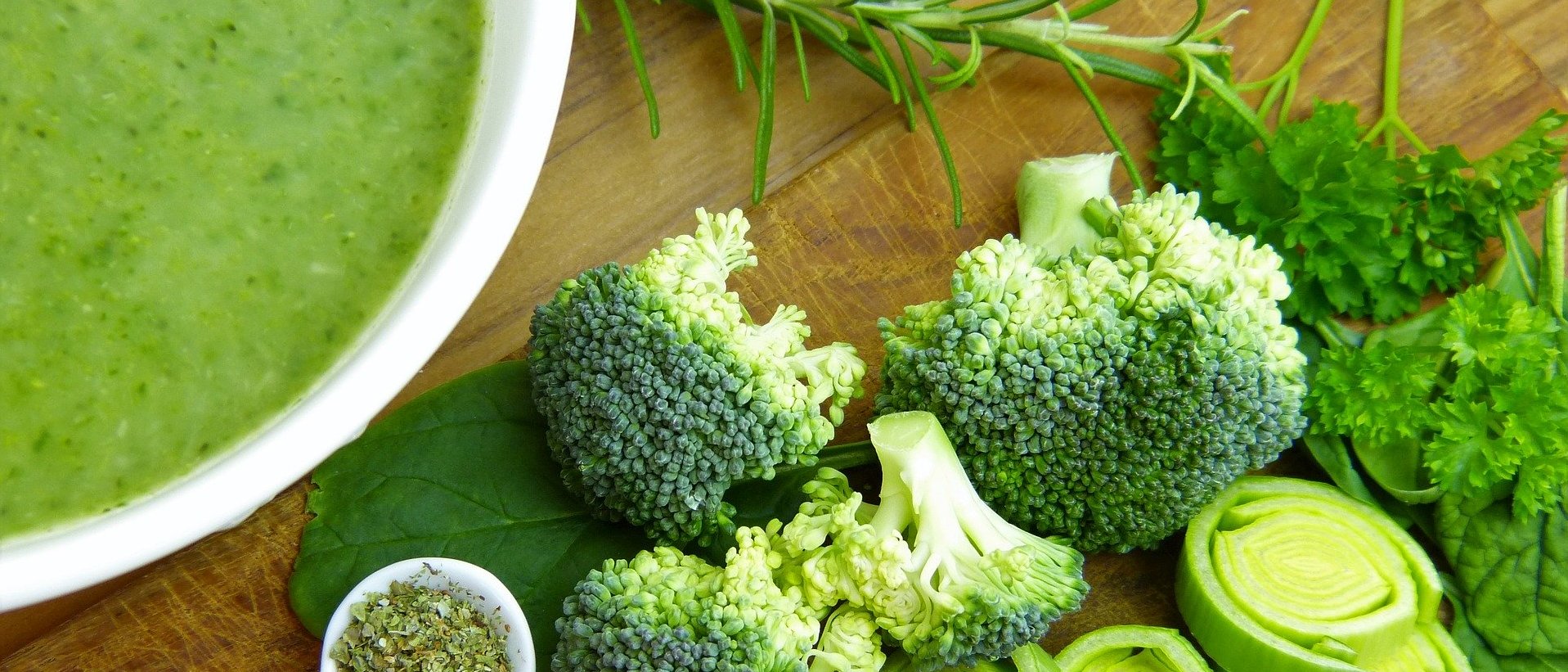An interview with Prof. Hans Hauner about COVID-19 and nutritional medicine
Nutrition in the days of COVID

How does our daily diet affect our immune system?
To put it in simplified terms: Malnutrition and undernourishment resulting from a low calorie intake reduces immune system activity. Our body’s ability to fight inflammation is impeded accordingly.
A high-calorie diet with a high proportion of meat-based foods – as is typical for the German population – modestly promotes a proinflammatory state, while a mainly plant-based diet does possess certain anti-inflammatory properties.
Could you share nutritional recommendations to protect people from COVID-19?
In general, I recommend an adequate and balanced diet. Equivalent food alternatives could be a vegetarian diet or the Mediterranean diet. These types of diets will not directly protect a person from contracting infections, but they do strengthen the immune system and enable a person’s body to be better prepared for fending off infection.
People suffering from undernourishment or malnutrition are among the risk groups with a higher chance of infection; they also tend to have more severe courses of disease. In many cases, undernourishment affects people with severe illnesses, but also the elderly.
What would you recommend for those who have been diagnosed with an infection?
Our body continues to require a sufficient amount of energy as well as all relevant nutrients, including micronutrients. When undergoing an infection, fever increases the body’s energy requirements by around 13 percent per degree Celsius above normal body temperature.
Are there studies about the correlation between people’s diet and potential COVID infections?
First publications suggest that obesity is a major risk factor for suffering from a severe course of disease of COVID-19. The development and maintenance of obesity is usually associated with an energy-rich Western diet.
A recently published retrospective analysis covering 3,615 COVID-19 patients in New York came to the conclusion that obesity (i.e. BMI ≥ 30 kg/m2) doubles a patient’s risk to be hospitalized or end up in the intensive care unit, in particular for patients under the age of 60. For those with a BMI ≥ 35 kg/m2 (aged 59 or younger), the risk of being put in the intensive care unit increases by a factor of 3.6.
An analysis of COVID-19 patients at the university hospital of RWTH Aachen showed that patients suffering from acute respiratory distress syndrome (ARDS) were – in many cases - those suffering from obesity and related comorbidities.
These days, a new study is published every day showing similar results.
Would it help to start taking dietary supplements?
There are plausible indications that selenium or vitamin D may have positive health-related effects; these findings, however, are mostly the result of cell culture and animal studies. The evidence of such beneficial effects from human studies is very weak. Yet, some reviews suggest an inverse association between the vitamin D status and the risk of acute respiratory tract infections and depression, both potentially relevant in the context of COVID-19, although high-quality studies are urgently needed. Many recommendations also include secondary plant products, such as polyphenols and carotenoids, as they are said to strengthen the body’s immune function, but the evidence is also weak.
However, high-quality controlled human intervention studies in COVID-19 patients are not yet available; therefore, the benefits of supplements for people with a virus infection are questionable. Personally, I would not recommend taking these supplements unless there is an actual medical reason.
The current recommendations for micronutrient intake in healthy individuals include safety margins, so even if there is an increase in nutrient demand, this does not necessarily imply that a nutritional deficit is imminent. A balanced diet provides a person’s body with a sufficient amount of all the required micronutrients.
Hauner, Hans: Wie ernähre ich mich am besten in Zeiten der Corona-Pandemie? COVID-19 und Ernährungsmedizin. In: MMW Fortschr Med. 2020; 162(9): 57–60. Published online 2020 May 14. German. doi: 10.1007/s15006-020-0480-1
Professor Hans Hauner is the director of the Else Kröner-Fresenius Center for Nutritional Medicine (EKFZ). It was established at TUM in 2003. Initial funding was provided by the Else Kröner-Fresenius-Stiftung (EKFS – Else Kröner-Fresenius-Foundation). Additional start-up funding invested by EKFS in 2018 lead to the EKFZ consolidating its status as nationally and internationally recognized institution in the field of nutritional medicine. The center consists of two chairs and one study group.
Technical University of Munich
Corporate Communications Center
- Dr. Katharina Baumeister-Krojer
- Katharina.Baumeister@tum.de
- presse@tum.de
- Teamwebsite
Contacts to this article:
Prof. Dr. Hans Hauner
Technical University of Munich
Institute of Nutritional Medicine
Else Kröner-Fresenius Center for Nutritional Medicine
Tel.: +49 8161 71 2000
hans.hauner@tum.de